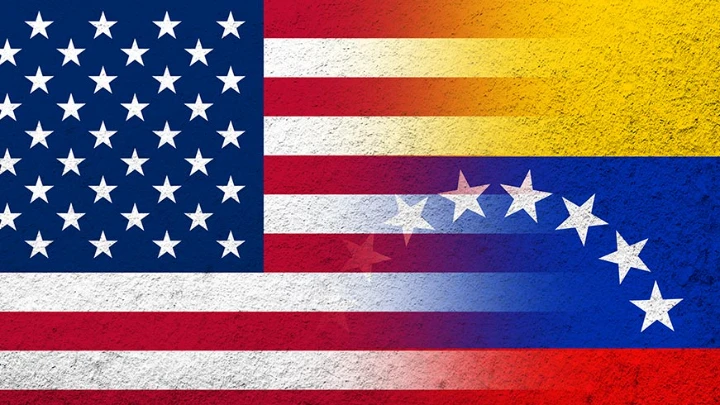Political instability has been a long-defining characteristic of the Bolivarian Republic of Venezuela’s governance throughout its contemporary history. Officially a federal presidential republic, the country has been under the incumbent President, Nicolás Maduro’s authoritarian grip since he succeeded his mentor, Hugo Chávez, in 2013. Maduro’s disputed tenure has been marked by economic collapse, widespread human rights abuses, mass emigration, food and medicine shortages, and suppression of civil liberties and political dissent. Following the controversial 28 July elections this year, Maduro’s imposed victory seems to have drawn both domestic and international backlash, most palpably from the US.
Maduro’s disputed tenure has been marked by economic collapse, widespread human rights abuses, mass emigration, food and medicine shortages, and suppression of civil liberties and political dissent.
Riding on the cheers of his dwindling Chavista fanbase, Maduro has continued Chavez’s legacy in more ways than one, particularly in maintaining an adversarial stance towards the United States (US). Over the last three American presidencies, the relationship between Washington and Caracas has deteriorated, tainted by distrust and heavy sanctions. In 2015, President Barack Obama sanctioned key members of the Maduro administration and military officials citing high-level corruption, arbitrary arrests, and human rights violations. While Obama played on the defensive with Maduro, President Donald Trump’s administration went on the offensive in 2019; escalating sanctions beyond solely Maduro’s assets in the US but also extending to foreign entities in the oil business with his government, including those in Iran, China, and Russia. The US sanctioned the state-owned oil company, Petroleos de Venezuela, S.A. (PdVSA), cutting off Maduro’s main revenue source while vowing to protect state assets “for the people of Venezuela.”
The US offered sanctions relief contingent on Venezuela’s return to democracy. Following the 2018 presidential elections, opposition leader Juan Guaidó claimed victory in 2019. He was recognised as the interim president by the US and other countries, alleging Maduro’s re-election was fraudulent. However, Maduro retained control over state institutions and the military, leading many to criticise Guaidó for being unable to initiate a democratic transition into power till the dissolution of the interim government in 2022.




